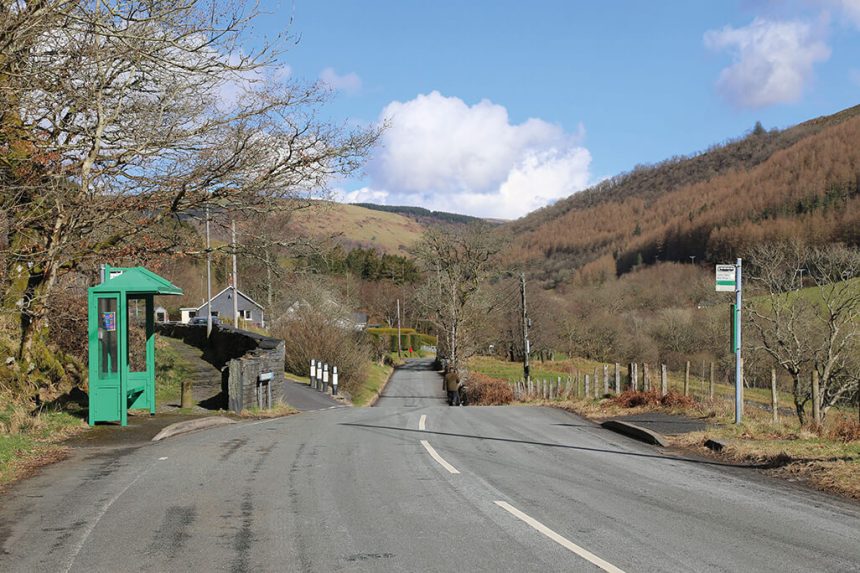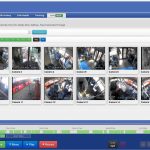The challenges of decarbonisation for rural bus operations were highlighted as a report from the Confederation of Passenger Transport’s (CPT) Rural Zero Emission Bus Taskforce was launched on 28 February at the Houses of Parliament.
Solutions were put forward in the document Delivering Zero Emission Bus Services to Rural Areas, as MPs — including shadow local transport minister Simon Lightwood — and key industry figures gathered. However, it was also aired by some that greater priority should be placed on ensuring rural services survive in the short term.
The taskforce, chaired by former Trentbarton and Kinchbus Managing Director and current Warrington’s Own Buses EV Director, Jeff Counsell, identified close partnerships with local transport authorities (LTAs) and other key stakeholders as being crucial to the delivery of zero-emission vehicles.
Lack of resources for the more expensive zero-emission buses, range requirements, infrastructure difficulties and a greater reliance on tendered contracts pose specific barriers to operators and LTAs in rural areas.
The taskforce, which includes in its members ALBUM Chair Bill Hiron and representatives from Stagecoach, Go-Ahead, First Bus and Transdev, called for the creation of Local Transport Energy Taskforces.
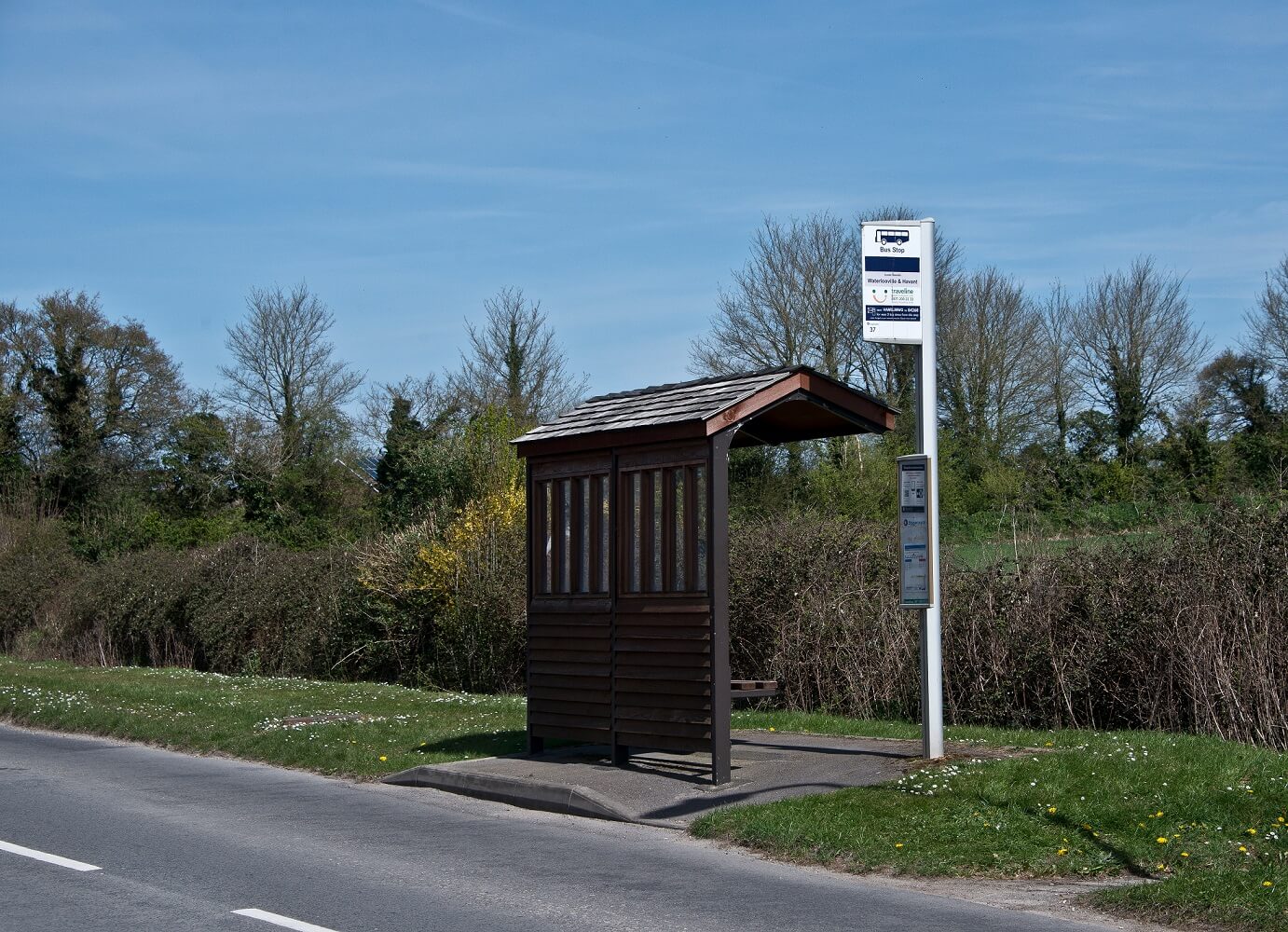
It called on the government to work with Ofgem to introduce a new statutory duty on Distribution Network Operators which would push bus depots higher up the priority list for grid provision.
It also highlighted the need for a hydrogen strategy, in recognition of the greater range potential. A wider, long-term package of funding, including a five-year, £1 billion investment programme, is needed to provide certainty for the industry, it claimed.
The report also says the industry commits to providing modelling on the second-hand vehicle market and on the optimum age for repowering a diesel. Meanwhile, the government should support the development of new range-increasing technology.
Partnerships needed
CPT Policy Manager Becki Kite, who was among the speakers at the event, which was hosted by former Parliamentary Under-Secretary of State at the Department for Transport Andrew Jones, says: “A real key element for this work is we do need local authorities and other local stakeholders to really come together, especially in rural areas where space and resources are limited; we’ve really got to make best use of the resources available.
“We’re not the only sector that needs to decarbonise — we’ve got coaches, refuse vehicles, local authority vehicles. It’s about identifying the demand and the opportunities where we can share and spread the investment and what makes it work for everyone.”
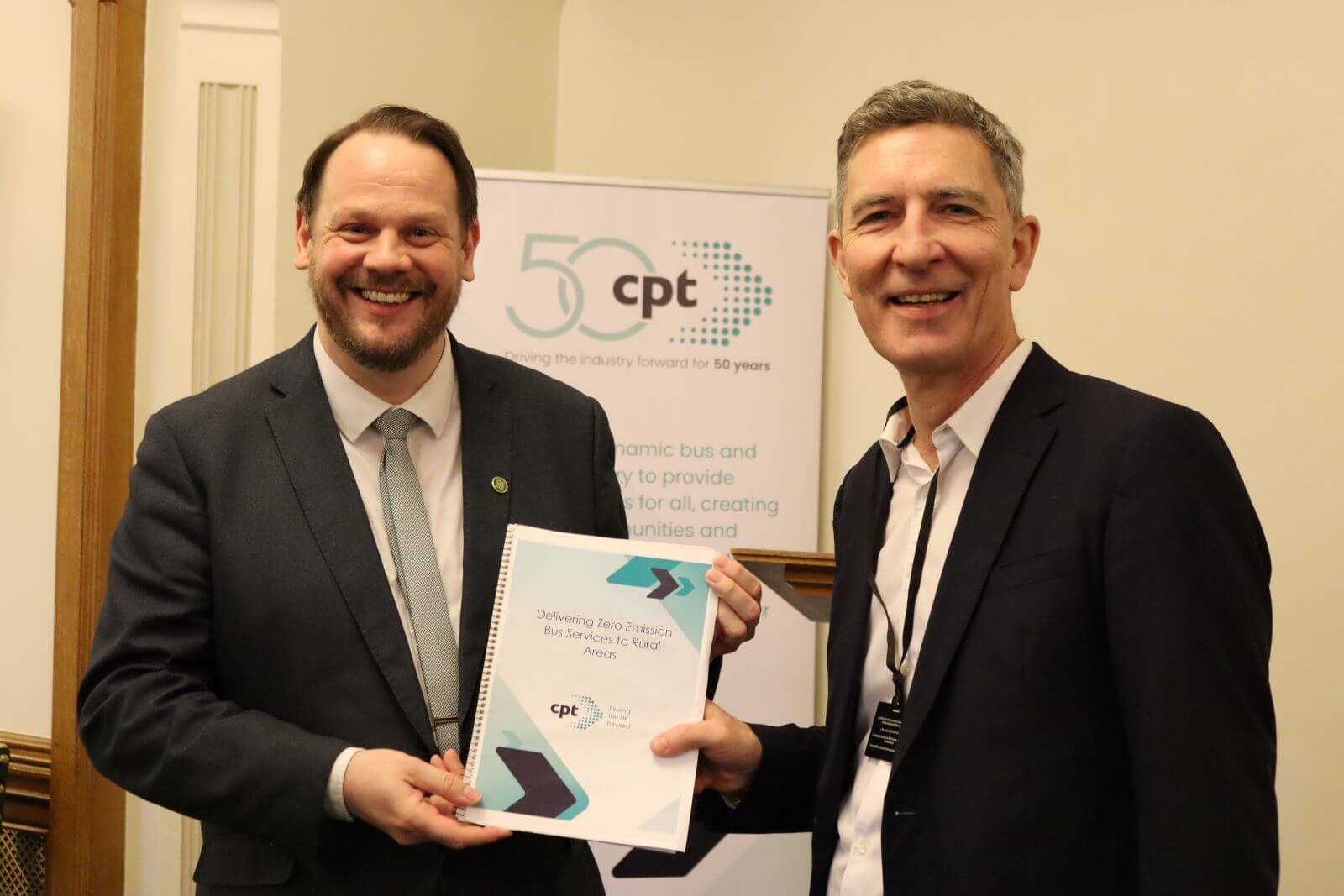
Having referred also to the Scottish Zero Emission Bus scheme, she adds: “Obviously, the Zero Emission Bus Regional Areas scheme has been very helpful but, in order to get the certainty, we do need a longer-term certainty over dates.
“We’re also developing our zero-emission ask over the next month or so, which will explore a bit more about a specific ask for rural, whether that’s making more money available through BSIPS (Bus Service Improvement Plans) or other local funding streams and to make sure that local authorities can have access to that funding and put it to where it’s needed.”
Labour pledges
Mr Lightwood, who is likely to be the next local transport minister, promised Labour would invest heavily in hydrogen manufacturing. He says: “Labour has a plan to channel significant investment into green hydrogen manufacturing over the first parliament of a Labour government via our National Wealth Fund.”
When it comes to serving battery-electric vehicles, he also says Labour would address National Grid shortfalls. “To truly decarbonise right into rural areas, we need bold reform,” he says. “Should we be fortunate enough to serve, the next Labour government would break down barriers to facilitate the largest upgrade of our national transmission infrastructure in a generation.”
Get priorities right
Mr Hiron, who is also Managing Director of bus operator Stephensons of Essex, says it is vital to highlight the plight of rural buses to local and central government.
Speaking of politicians, he says: “I wouldn’t say they don’t understand or do understand. I honestly think, in the grand scheme of things, it’s something they haven’t given a huge deal of thought to because it’s not very high up the priority list really.
“Labour on the face of it is showing interest and Simon Lightwood is here, which is good… but, if I was cynical, I would say that parties trying to get into government normally show an interest in a lot of things. Whether they all maintain that interest once they’re in power is a different matter. But there are encouraging signs.
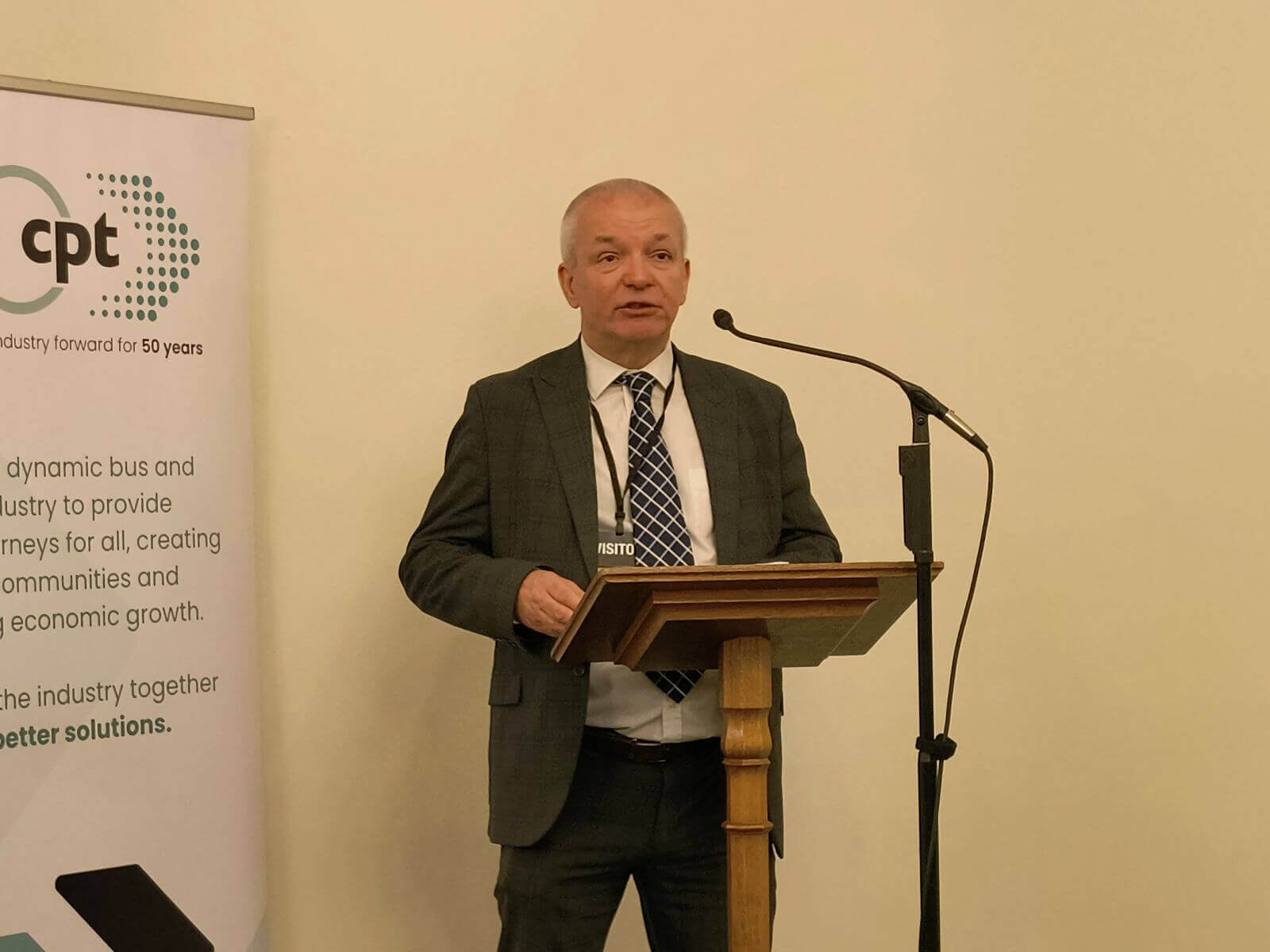
“We have to have both local and central government understand what the issues are — otherwise, in a worst-case scenario, it will result in rural services disappearing and all fares increasing dramatically.”
However, with rural routes the hardest hit after many years of service cuts, Mr Hiron says keeping the buses full should be the main priority. “Even a diesel bus carrying however many passengers is much more environmentally friendly and emits far less carbon than a private car,” he says.
“So, the first priority should be encouraging people to use buses, irrespective of whether they are powered by diesel, electricity or fairy dust. The getting them on the bus is solution number one.
“I think there is a risk we get carried away and start introducing legislation for zero-emission buses ahead of perhaps zero-emission cars and, actually, we’ve then got our priorities totally wrong. The bus inherently is very clean so let’s get people on buses first and then make the bus cleaner second.”
That was echoed at the launch by Jennie Martin, Bus Users UK Chair. She says: “I’m sure I’ve seen research on it and the percentage [of people] that care about the emissions of a bus is not zero, there are people who do. But, not at all surprisingly of course, the most important thing is that the bus turns up, that it’s reasonably regular enough to enable you to live your life and that it’s accessible. So, it’s not that people don’t care at all, but if you make them make a stark choice — no bus or diesel-run bus — they’ll opt for the diesel-run bus.”
With the industry still awaiting a government date for the end of sale for new non-zero-emission buses, Mr Hiron says: “We do need a date but, for goodness’ sake, let’s make it a realistic date — not 2030 or something. Even then that should be reviewable.”




















